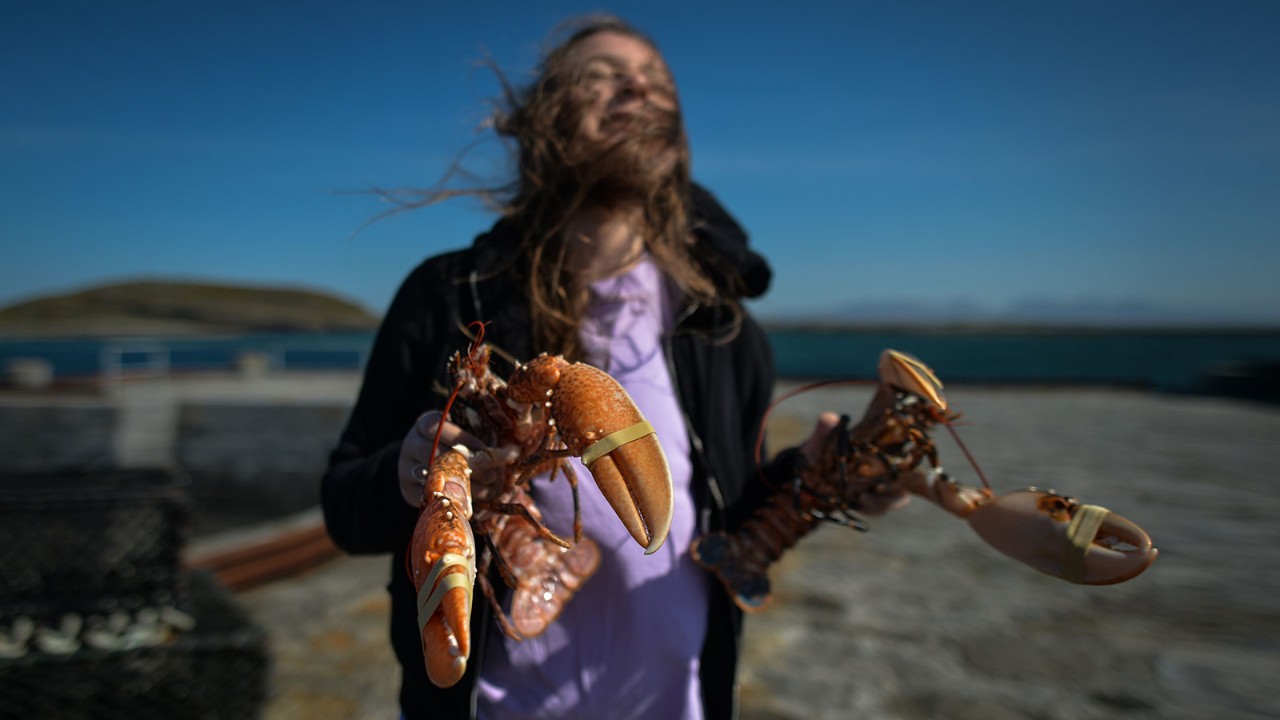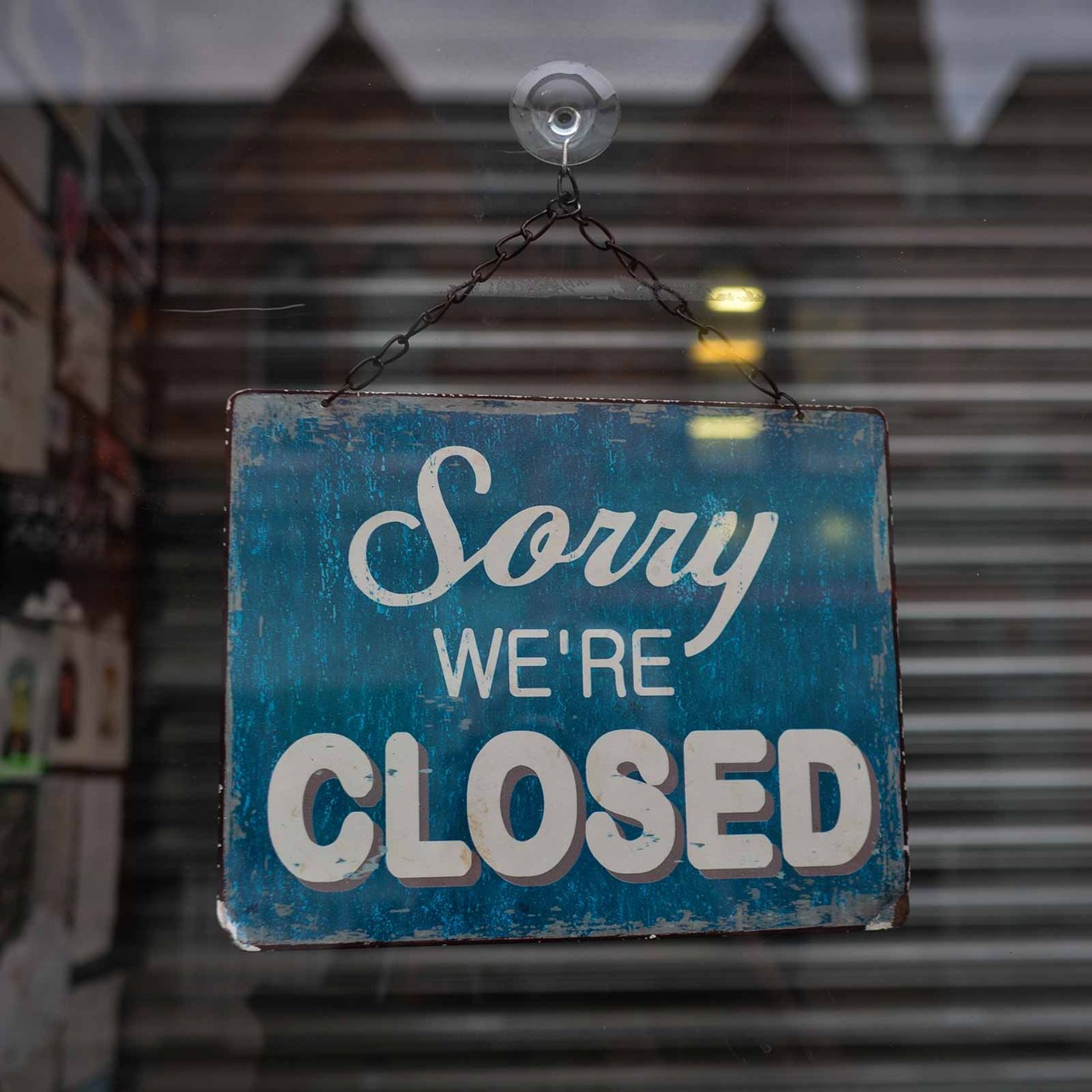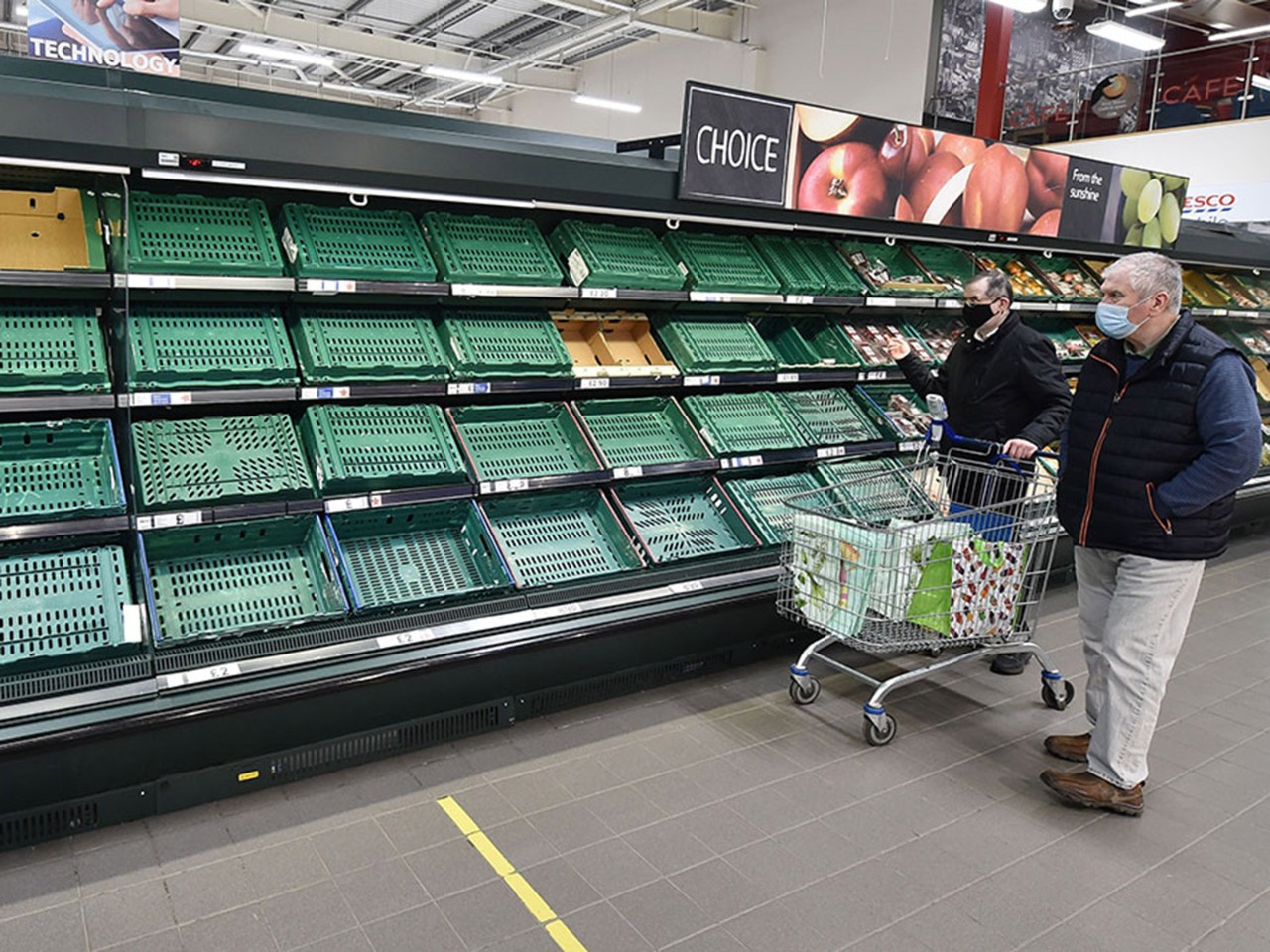
The acquisition of US-based AquaTactics Fish Health in May by Irish animal health products business Bimeda was low profile but significant in highlighting Irish ambitions in the global aquaculture industry. The sector is growing worldwide, with production increasing to replace declining wild fishery stocks, in many cases fished to their maximum sustainable levels. While more than 90% of global aquaculture is concentrated in Asia – primarily China – Ireland is one of several countries with plans to expand national production.
Irish aquaculture – which centres on the key species of salmon, mussels and oysters – has been held back by a slow licensing process, according to Teresa Morrissey, aquaculture executive at the Irish Farmers’ Association and a marine researcher by background.
‘Primary production is not where Ireland will take a piece, but Ireland has a global reputation for technical innovation and R&D’
She explains that a 2007 European Court of Justice ruling requiring Ireland to overhaul its licensing system, in line with EU environmental rules to protect conservation areas, resulted in a backlog of applications. As a consequence, targets set in the government’s Food Harvest 2020 plan for expanding fish farming have come ‘nowhere near to being fulfilled’, Morrissey says.
Ireland’s production of farmed salmon went from 24,000 tonnes in 2001 to half that figure currently, according to Jan Feenstra, managing director of Mowi Ireland (the local branch of a Norway-based seafood company). Mowi wants to double its Irish farmed salmon production by the end of this decade to 16,000 tonnes a year.
Morrissey sees great potential in developing smolt (juvenile salmon) for farming, as well as reviving Irish clam harvesting, and developing perch and seaweed production.
Innovative solutions
In its draft agrifood strategy 2030, published in April 2021, the government set new targets for increasing aquaculture investment and subsidies by 2030. However, Ireland’s strengths may lie more in innovative solutions for aquaculture producers, such as the search for alternative feeds for fish farms to reduce fishmeal consumption.
‘Primary production is not where Ireland will take a piece, but Ireland has a global reputation for technical innovation and R&D, and it’s a good place for a startup,’ says Cork-based Wayne Murphy, co-founder of Hatch Accelerator Holding, a global innovation fund for aquaculture products.
Irish aquaculture startups will gather in October 2021 at an annual training programme run by Hatch and Bord Iascaigh Mhara (BIM), the Irish seafood development agency. It will include businesses providing aquaculture health diagnostic products as well as digital mapping and licensing solutions for aquaculture sites. According to BIM spokesperson Pauline Ní Luanaigh, the 29 companies participating in the programme to date have secured a combined investment of €6m.
Growth opportunities
Murphy, whose own background is in investment, points to Ireland’s potential to develop a cluster of aquaculture-related companies similar to the agglomeration impact in Norway around salmon-producing business Mowi, the world’s leading seafood company in valuation terms.
Feenstra sees a niche high-end market for Irish produce. ‘Ireland and its green imagery and very pristine and wild Atlantic coastal waters enable the production of a very pure product,’ he says. ‘Along with our organic rearing strategy, that helps us to produce a fish as close to wild as can be – hence our historic tag line of “tastes as nature intended”.’
Aquaculture in Ireland
- Ireland’s aquaculture production was worth €180m (up 2% year on year) in 2020.
- Of the top three species, salmon was worth €127m, oysters €37m and farmed mussels €13m.
- The bulk of oyster production is shipped to France and Asia.
- Irish seafood retail sales rose by 6% in 2020.
- Irish seafood exports totalled €590m in 2020.
- Ireland imported €327m worth of seafood in 2020.
‘Ireland and its green imagery and very pristine and wild Atlantic coastal waters enable the production of a very pure product’
Aquaculture could be ‘huge’ for Ireland, says accountant Maurice Fitzgerald at the Waterford offices of Fitzgerald Power, a firm advising aquaculture businesses. ‘Aquaculture is a very substantial business in Ireland’s south east,’ he adds, although he stresses that export-focused local businesses have faced very significant cashflow challenges from losing markets during the Covid 19 pandemic.
Cash support
To realise that potential, Fitzgerald thinks government needs to offer more cash support to help the sector recover. Such encouragement, he believes, would leverage confidence among banks and private investors. ‘Banks struggle to understand the aquaculture industry,’ he says, because it features ‘product that you can’t see – it’s underwater, it takes between 18 months and three years to mature, and it faces all sorts of viruses’.
Getting private investors on board is equally difficult. ‘It’s a lot easier to get someone to invest in pharmacies or nursing homes,’ Fitzgerald says.
There is help for capital works. Grants under the EU’s European Maritime and Fisheries Fund typically cover 40% of capital costs for aquaculture facilities. Sourcing the other 60% is doable for most businesses, Fitzgerald says, but debts have been difficult to service over the past two years.
State agencies such as BIM and Bord Bia have helped market expansion, by subsidising companies’ attendance at shows, adds Fitzgerald who, after working in Big Four firms, decided to specialise in key sectors such as aquaculture and pharmacy.
Encouraging new talent
Meanwhile, government-funded training in new methods is aimed at coaxing more young participants into aquaculture. A spokesperson for BIM – which supports seafood production while Bord Bia handles marketing – says the agency will launch a new programme in September 2021 aimed at making secondary school students aware of the ‘broad range of career opportunities available in aquaculture’.
How can accountants help? Fitzgerald has made sure he understands the industry through deep research; as well as keeping abreast of prices for key species, he has travelled to the annual Seafood Expo Global trade fair in Brussels, Europe’s largest. ‘If you want to be of benefit, you have to dig deep,’ he says.



